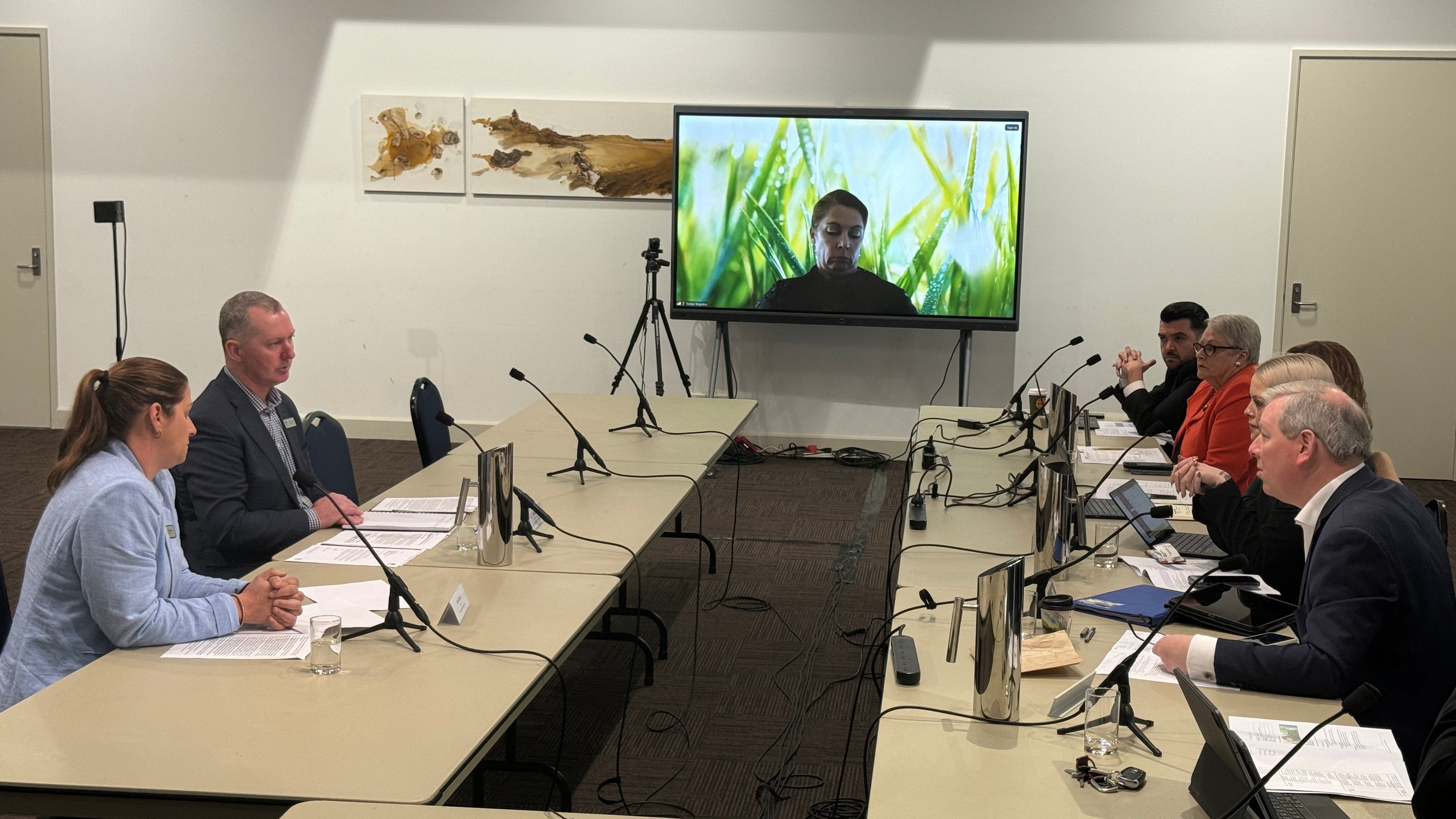A fairer share for cash-strapped councils
28 November 2024 Read the report
The State Government is being urged to act on rates, grants and cost shifting to help ease the financial crunch facing Victoria’s 79 councils.
The Legislative Council Economy and Infrastructure Committee has made 48 recommendations in its report on local government funding and services.
The Upper House inquiry concluded rising infrastructure and service delivery costs are outpacing growth in grant funding for the lowest tier of government.
As a result, some services are being reduced and others stopped altogether.
'At the same time as meeting the needs of local communities, local government is extremely limited in its ability to raise revenue and thereby pay for the services it is expected to provide,' Committee Chair Georgie Purcell said.
“ 'This report has attempted to provide a balanced analysis of the issues faced and to provide some ways forward.' ”
Committee Chair Georgie Purcell
Reviews of the ratings system and rate cap formula are urged. The government is also being encouraged to streamline the process for councils applying for a higher rate cap to lessen the administrative burden.
Interface, peri-urban and regional councils would benefit from a proposal to create growth funds to support infrastructure delivery for different groups of councils experiencing rapid growth.
There’s a push to increase untied funding for councils to spend on key areas such as roads and for the state government to provide grant programs to support asset renewal and maintenance in local communities.
The report suggests the reintroduction of a decade-old Country Roads and Bridges Program, or similar, which is untied funding for local governments.
There’s recommendations to restore the 50:50 shared funding split between the state and local governments for public libraries and the School Crossing Supervisor program.
The Committee’s calling on the government to reverse the annual immunisation tax of $6,000 and the $2 fee per immunisation given, which are being charged to local governments.
Another proposal suggests the Council Planning Flying Squad be reinstated to provide short-term expertise and help in easing the backlog of planning requests for the state’s 48 regional and rural councils.
The Victorian Auditor-General could be tasked with investigating the financial impacts of cost shifting by the federal and state governments onto local councils.
And the government is being urged to work with the local government sector to establish a sustainability framework which sets different financial criteria for different council groups, and to ensure local governments are consulted when legislation which impacts them is being considered.

Throughout 2024 the Committee examined local government in Victoria, including rate capping, grants, cost shifting, core services and the financial sustainability of local councils.
This involved extensive research and consultation, which led to 114 public submissions.
'In the submissions received by the Committee and evidence given in public hearings, the concerns of both local government councils and ratepayers were canvassed widely,' Ms Purcell said.
Experts, government representatives and individuals expressed their views directly Committee MPs during eight days of public hearings held in Melbourne, Camperdown, Bendigo, Traralgon, Broadmeadows, Frankston and Cobblebank.
In total, 35 of the state’s 79 local councils were represented at hearings.
'I would especially like to thank those who took the time to appear before the Committee to give evidence in public hearings.' Ms Purcell said.
'The Committee greatly appreciated the effort made by these witnesses.'
Read all of the report’s findings and recommendations on the Committee’s website.